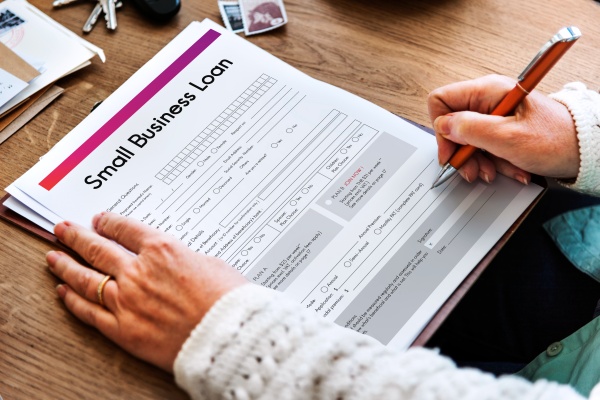When you are applying for a business loan, the lender will require specific documents to assess your creditworthiness, the viability of your business, and your ability to repay the loan. These documents help the lender gain insight into your financial situation and make an informed decision. Although the exact requirements might differ depending on the lender and the loan type, the following are some typical business loan documents you may need to provide:

Post Contents
1. Business Plan:
A detailed business plan outlining your company’s mission, objectives, market analysis, financial projections, and growth strategies. This document demonstrates your understanding of your business and how you plan to utilize the loan funds.
2. Financial Statements:
The lender will want to review your company’s financial health. It includes providing balance sheets, income statements, and cash flow statements for the past few years. These documents give insight into your company’s profitability, liquidity, and overall financial stability.
3. Tax Returns:
In order for the lender to evaluate your income and your business’s financial performance, it is crucial to provide personal and business tax returns from the past few years. If you want a loan for business then tax returns are an essential documentation that is required.
4. Bank Statements:
Your recent bank statements display the cash flow of your business, providing the lender with valuable insight into your financial management skills.
5. Legal Documents:
Depending on your business structure, you might need to provide business registration and licenses, articles of incorporation, partnership agreements, or any other relevant legal documents.
6. Collateral Documents:
In case your loan is secured with collateral, you will be required to submit relevant documentation pertaining to the assets you are using as collateral. It may include property deeds, appraisals of equipment, or any other evidence of ownership.
7. Personal Identification:
To operate a business, it is necessary for all owners and key individuals to provide valid government-issued identification, including passports or driver’s licenses.
8. Credit Reports:
The lender will run credit checks on both your personal and business credit history. Make sure to review your credit reports beforehand to address any errors or discrepancies. Credit reports are also considered as essential business loan documents.
9. Debt Schedule:
Outline any existing loans or debts your business has, along with their repayment terms.
10. Financial Projections:
In addition to historical financial statements, you may be asked to provide future financial projections to demonstrate the potential for loan repayment.
11. References:
Some lenders may require references from business partners, vendors, or customers to gain insight into your reputation and reliability.
12. Business Asset Valuation:
If you have substantial business assets, such as real estate or equipment, you may need to provide valuations for these assets.
13. Industry-specific Documents:
Depending on the nature of your business, you may need to provide additional documents, such as licenses, permits, or certifications required in your industry.
14. Personal Resume:
Especially for startups or new businesses, providing your resume and those of key team members can help showcase your qualifications and expertise.
15. Use of Funds Statement:
It is essential to give a clear explanation of how you intend to use the loan proceeds to grow or improve your business. It helps in getting the business loan faster and also gives an idea to the lender about the reason for your loan.
Conclusion
To ensure a smoother loan application process and higher chances of approval, it’s important to review your chosen lender’s specific requirements before submitting your application. Prepare all necessary documents in advance and inquire about any specific requirements they may have, as they may differ from lender to lender. Taking these steps can increase the likelihood of a successful business loan application.